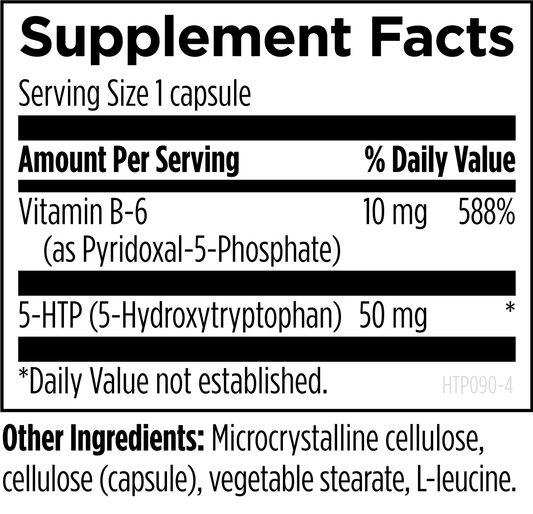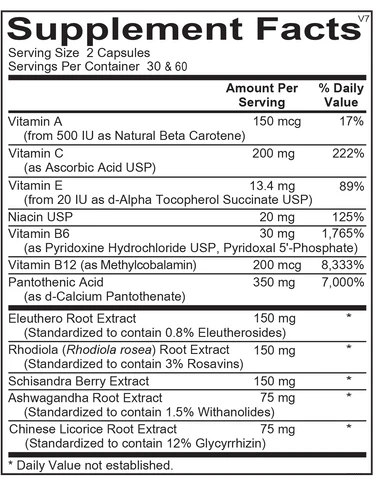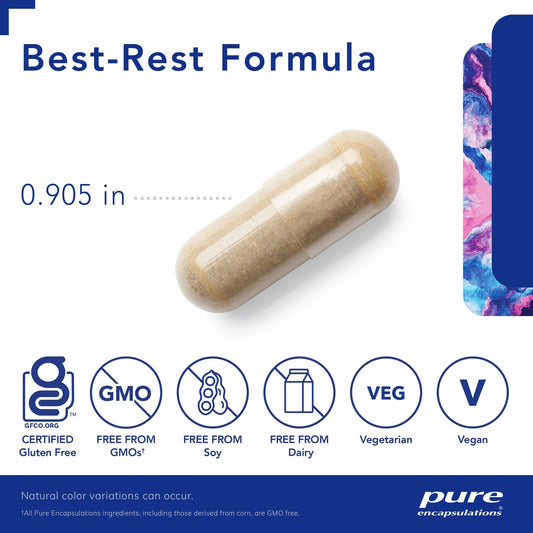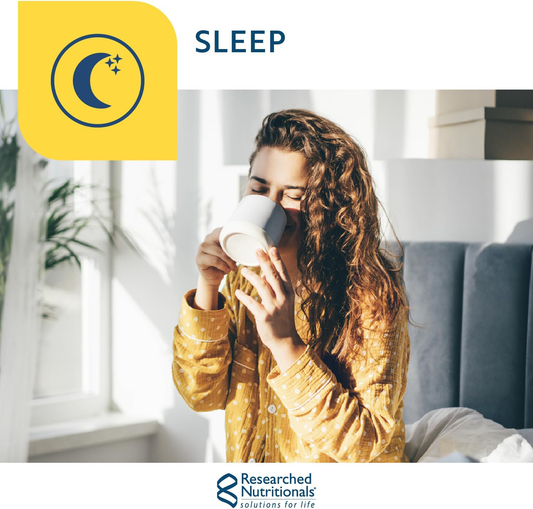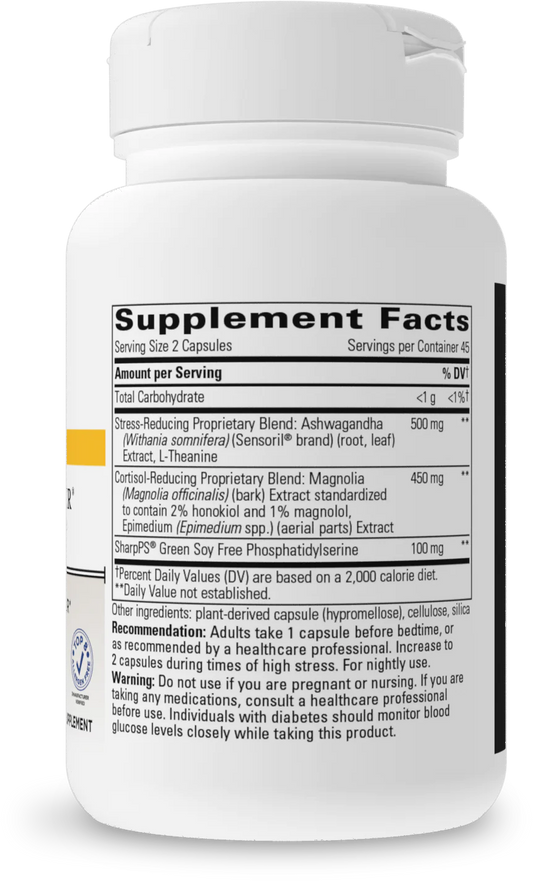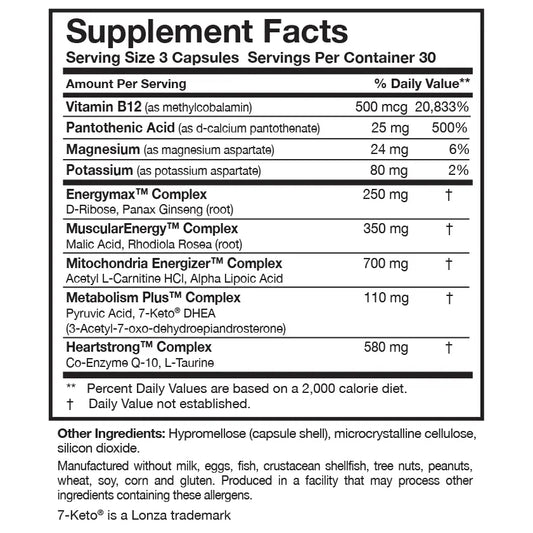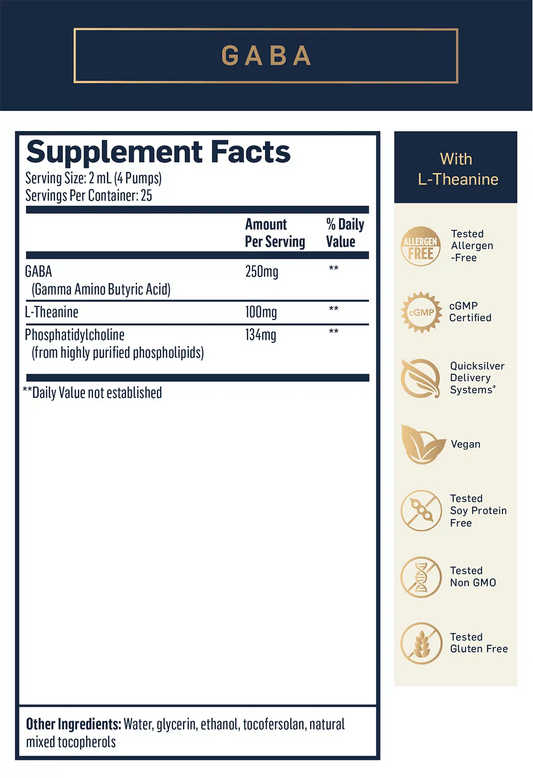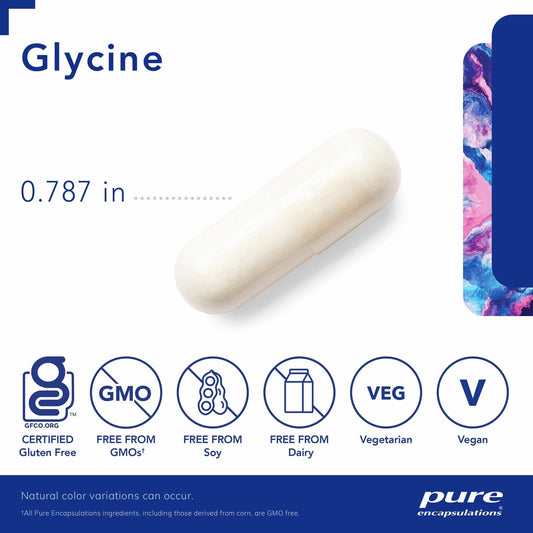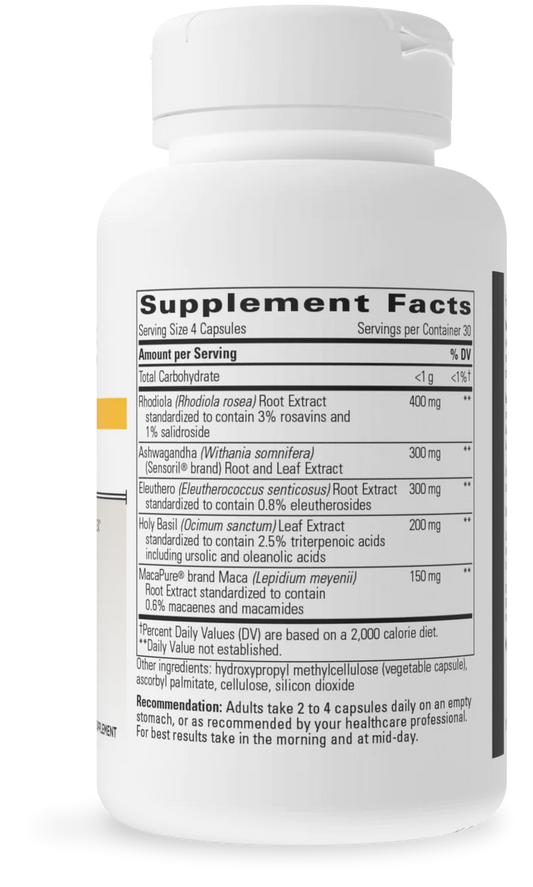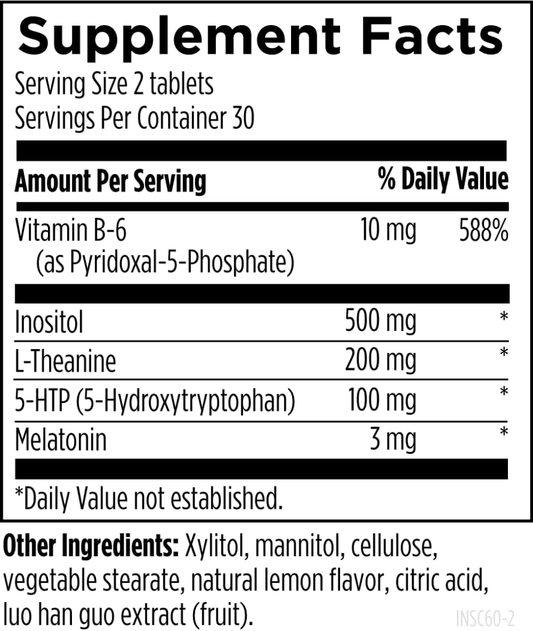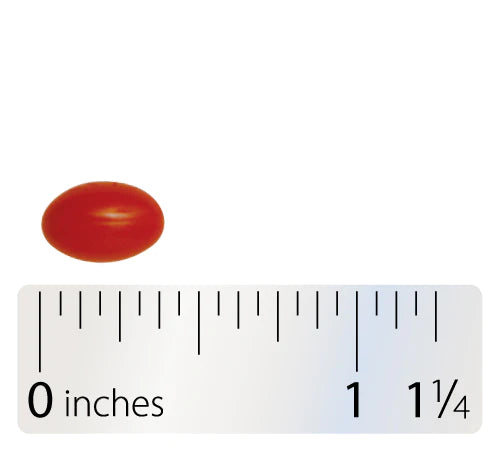Overview
When I was in medical school, they taught us we can’t regenerate brain cells. If you stayed up too late studying or did drugs, you’d lose precious connections and that was that. Now, luckily, we know that isn’t true. There are multiple ways to encourage the plasticity of the brain at any age, to enhance everything from sleep to learning.
Most people don’t realize that sleep is a keystone of health. When we’re sleep-deprived, it’s really hard to eat well or to have the energy to exercise. It’s hard to think straight. It’s even hard to stay in a good mood or have a positive outlook on life. Understanding the way the brain and our neurotransmitters work means we can hack our sleep to not just feel amazing but to level up our focus, skills, and knowledge.
Today on The Doctor’s Farmacy, I talk to Dr. Andrew Huberman about the body-brain connection and how small actions can have huge payoffs for our brain health.
Dr. Huberman eloquently explains the different sleep and waking states we may find ourselves in and which neurotransmitters are behind them. Using the brain-body connection, we can embrace different practices to create more of what we want and less of what we don’t. It’s a constant balancing act, but it’s one we are learning more about controlling to optimize our sleep patterns, periods of learning, and even self-regulation in times of stress.
I’m always interested in how nutrition impacts the brain. Dr. Huberman and I explore which components of food can specifically alter the gut-brain connection, like EPA from fish oil or probiotics from fermented foods. And we talk about why removing processed foods is so imperative for the brain: they cause the neurons in our gut to remodel in the wrong way, retracting deeper into the layers of the gut and diminishing the sensitivity of the gut-brain connection. So yes, we need good foods to optimize the brain, but we have to remove the harmful ones, too.
We also talk about supplements for sleep, a new perspective on hypnosis, cravings and dopamine, and so much more. I hope you’ll tune in for a hopeful and action-oriented look at literally changing the brain.













